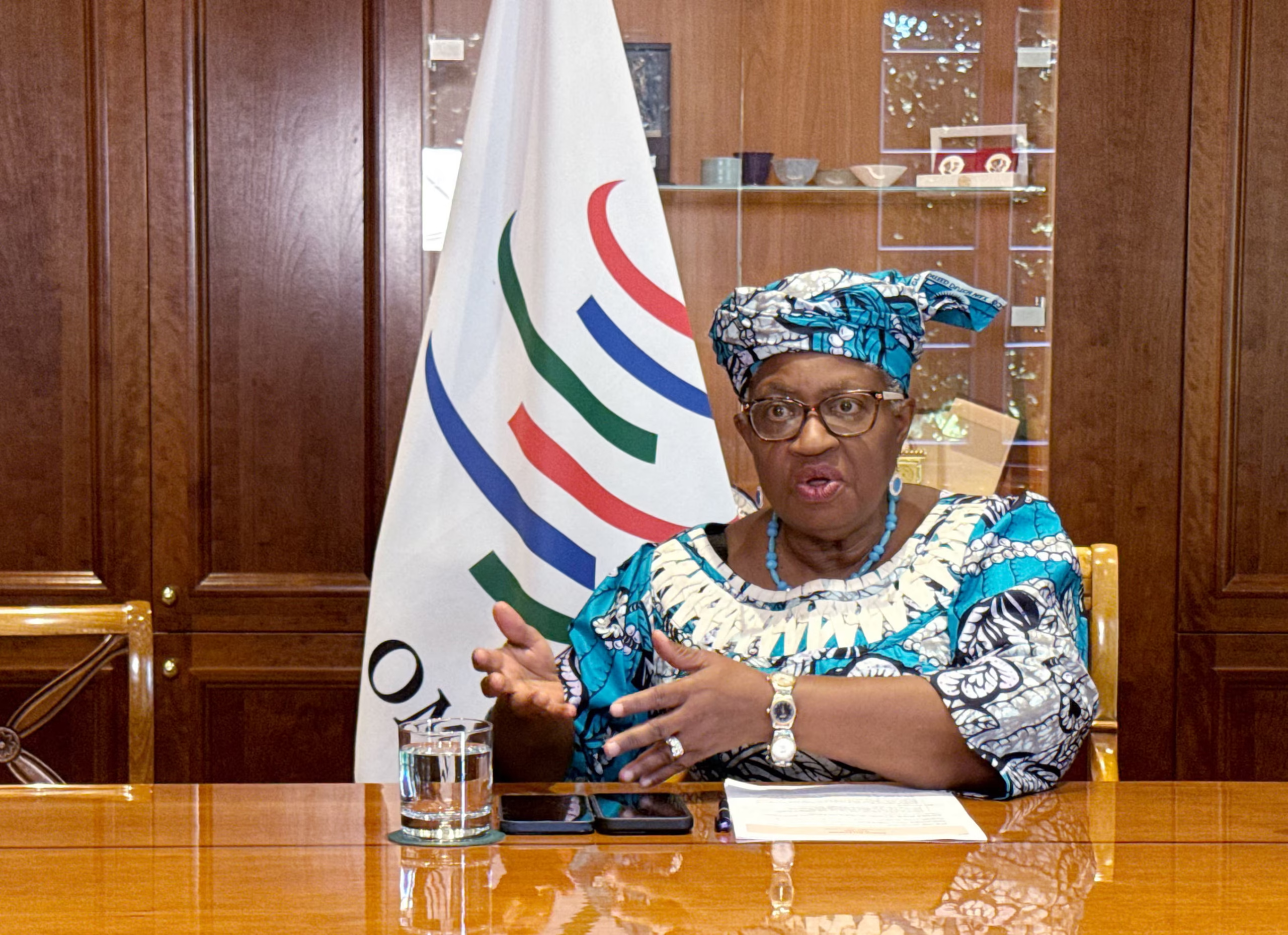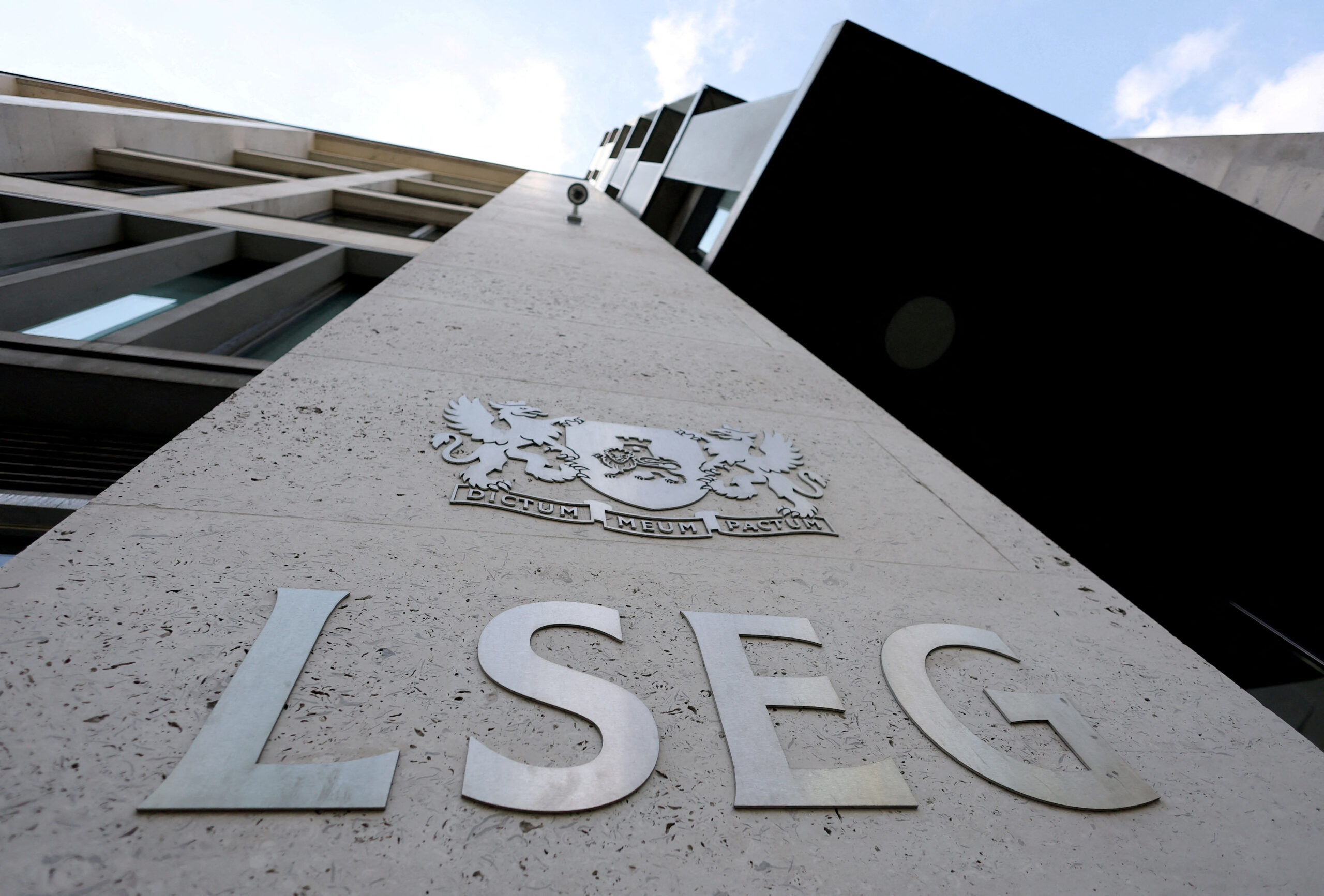WTO Chief Calls for Reform of Consensus Rule Amid Trade Disruption
World Trade Organization (WTO) Director-General Ngozi Okonjo‑Iweala called for significant reform of the consensus-based decision-making system of the organisation, arguing that it hampers timely responses to the “biggest trade disruption in 80 years”. She said that nearly 75% of world goods trade still operates under WTO-terms despite rising tariffs and unilateral actions. The challenge of upgrading the global trading system comes amid intensifying U.S.–China trade tension and supply-chain realignment.
Okonjo-Iweala acknowledged some U.S. criticisms of the WTO as valid and emphasised the need for stronger U.S. engagement. The call arrives at the Future Investment Initiative summit in Riyadh, signalling the Gulf’s rising role in global trade governance conversations. Reform advocates say decision-making must become more agile to handle industrial subsidies, digital trade and climate-linked tariffs.
The consensus rule — requiring agreement by all 166 member states — is viewed by reformers as a bottleneck to addressing modern trade challenges, including state-backed enterprises and supply-chain resilience. Business groups echoed the warning, saying uncertainty over trade rules erodes investment confidence. A more nimble trade governance model could help firms plan cross-border operations with clearer paths.
Policy-makers say the reform path involves balancing national sovereignty with multilateral rules — a delicate negotiation between large and small countries. For firms, the outcome matters: faster trade-rule adaptation means less risk in supply-chain investment and more clarity in global operations. A stalled WTO risks being sidelined by bilateral or regional pacts that may fragment global trade.
In practical terms, companies may need to diversify suppliers, build geographic flexibility and hedge policy-shock risk while the trade-governance framework evolves. Investors should monitor not only trade-policy announcements but also how firms’ global operations adapt to shifting rules. The next phase of international trade may favour those with agility, resilience and strategic exposure.
Source: Reuters.
news via inbox
Get the latest updates delivered straight to your inbox. Subscribe now!




